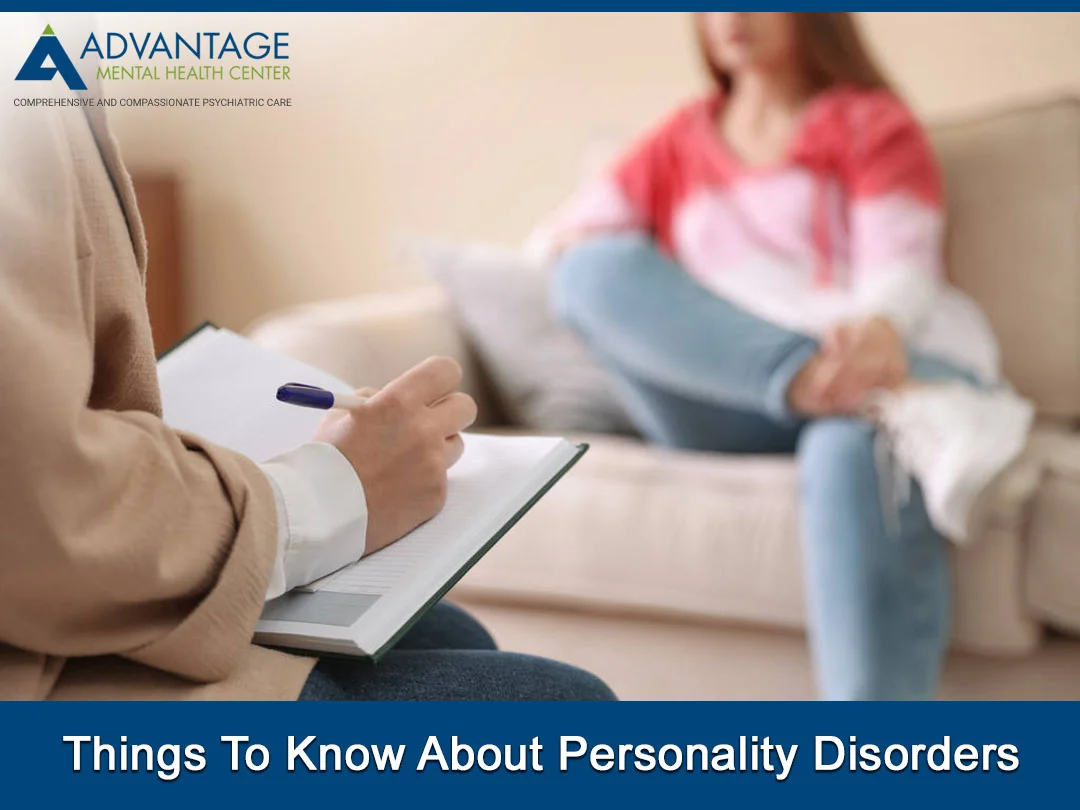Personality disorders are common mental health disorders with symptoms that can impact people either temporarily or permanently and with varying degrees of severity. A personality disorder impacts the way somebody thinks, behaves, interacts with others, and relates to those around them. You may recognize signs of personality disorders among friends and relatives in Clearwater, or perhaps you’re wondering whether you should seek additional support with your mental health.
Whether you believe you or someone else may have a personality disorder or you’re looking to learn more about what this means, we’ll look at some of the main things you should know about personality disorders.
There are Different Personality Disorders
There is not just one type of personality disorder. They can take many forms and types, including avoidance personality disorder and dependent personality disorder. Somebody who suffers from one type of personality disorder may have very different symptoms from another person with a different personality disorder. It’s important not to generalize personality disorders and instead consider each individual case and its symptoms. Similarly, if you know somebody with a personality disorder, this doesn’t mean that other people with the same personality disorder will have exactly the same symptoms and signs.
There are Different Signs and Symptoms
It makes sense that different personality disorders come with various signs and symptoms. Some people may become dependent on others or – at the other end of the spectrum – feel unable to connect or rely on anybody else for anything. Other people with personality disorders might struggle to be flexible with activities or decisions in their lives, making it difficult to develop strong social connections with other people or deal with significant life changes. If you’re supporting someone with a personality disorder or trying to discover more about your own challenges, be aware that every circumstance is different, and each person will have their own struggles.
Personality Disorders Impact Social Lives
A healthy social life can support and boost good mental health and well-being. An unhealthy or absent social life, on the other hand, can cause people to feel low, depressed, and disconnected from those around them. In many cases, personality disorders can impact the social lives of people who suffer from them by making it more challenging to speak to people and relate to others. Being mindful of this and being kind to people with personality disorders can go a long way in helping them to feel less alone.
They May Occur Alongside Other Mental Health Challenges
Living with a personality disorder can make you feel like you’re stuck in a cycle where one mental health concern compounds another. The symptoms of personality disorders can include depression and anxiety, which in turn exacerbates the symptoms and creates further barriers to good mental health. In some cases, people may take anti-depressants and other medication to deal with the symptoms of these mental health conditions.
Help is Available
One of the most important things to know about personality disorders is that help is available to you. In many cases, talking therapies and behavioral therapies can help people with personality disorders to feel supported and heard, even though the disorder may not go away entirely. Undergoing mental health treatments and therapies can help to deal with the symptoms of a personality disorder or other mental health concerns.
Finding Support with a Personality Disorder
Support is available in Clearwater, FL, for people who are looking for additional help with the symptoms of personality disorders. Advantage Mental Health Center offers a range of therapies and services that could boost your mental health and help you to live with the challenges of a personality disorder.
Picture Credit: VistaCreate


